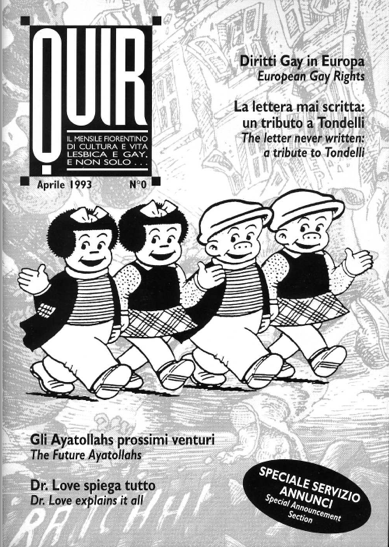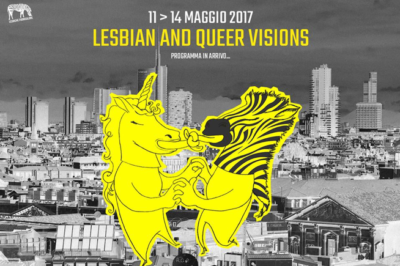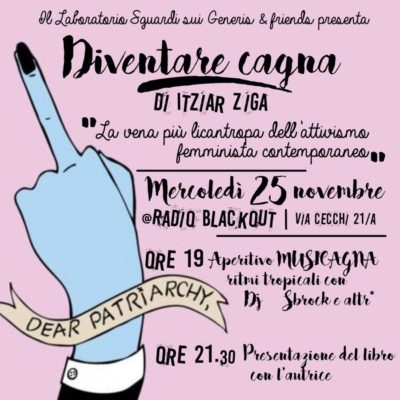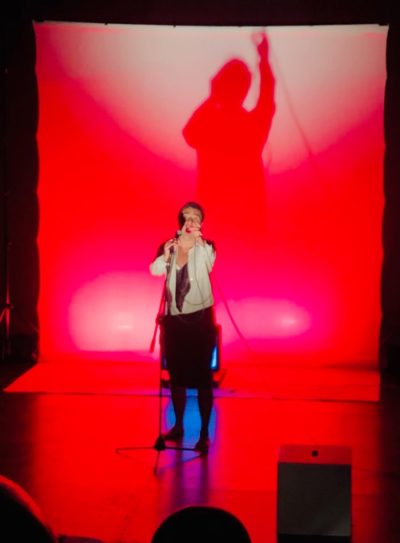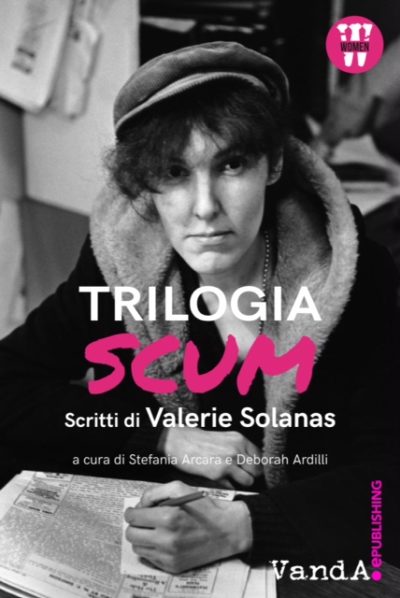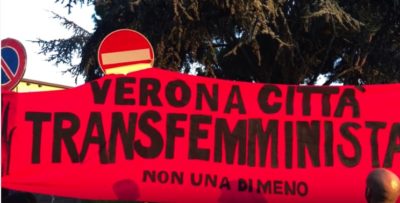Queer Italian Cultures. Themed Section Editorial.
by Julia Heim, Charlotte Ross, SA Smythe
The editorial includes the Guest Editors’ introductions to their respective areas. Julia Heim, Charlotte Ross, and SA Smythe offer a brief critical contextualization of current and ongoing sociopolitical issues undergirding the question of LGBTQIA+ rights in Italy. They reflect on anti-queer/anti-LGBT discrimination within academia, on intersectional solidarity and activism, and on the developing field of “Queer Italian Studies.” The editorial also provides a summary of the articles contained in the volume.


